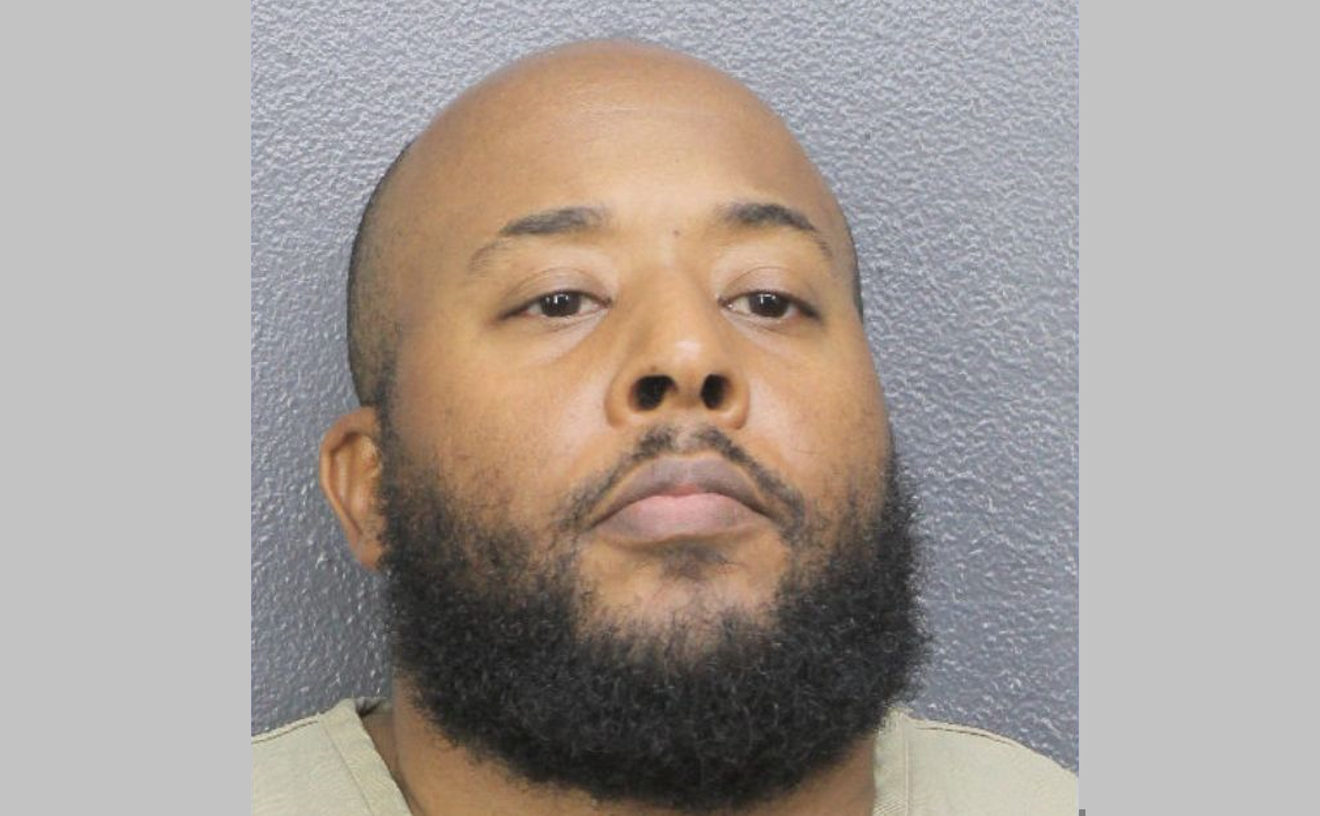The Florida Board of Education on July 19 voted in favor of new academic standards for Black history classes in public schools, approving a set of course guidelines that the NAACP is calling an "affront to the Black community."
While Florida's education commissioner — Hialeah's native son Manny Diaz Jr. — says the state is committed to teaching an in-depth treatment of Black history, advocacy groups and the statewide teachers union claim the new standards fail to introduce lessons on discrimination to younger students, and that some of the guidelines tiptoe around the brutality of slavery.
Among the lines that have drawn criticism, the new Black history standards include a note that slaves "developed skills which, in some instances, could be applied for their personal benefit."
The note, marked "Clarification 1," appears in a section directing middle-school Black history courses to "examine the various duties and trades performed by slaves (e.g., agricultural work, painting, carpentry, tailoring, domestic service, blacksmithing, transportation)."
The Florida Education Association, the statewide teachers' union, said in a public statement that the guidelines are a "disservice to Florida's students and a big step backward."
"These new standards require middle school students to be taught that the experience of slavery was beneficial to African Americans because it helped them acquire skills," the union claims.
Mandated under the 2022 Stop WOKE Act, the new standards were drafted alongside an African American History Task Force set up under a 1994 Florida law requiring lessons on Black history in Florida public schools.
The board approved the guidelines in a July 19 meeting in Orlando, which was heavily attended by protesters opposing the Black history curriculum and rules being implemented by the board regarding gender-based separation of school bathrooms.
Board member Kelly Garcia maintained that the Black history guidelines do not whitewash slavery or the oppression of Black people in the U.S.
"As a teacher, reading standards, that's my wheelhouse. I read these standards and I re-read the standards, and the emails kept coming. I was looking for what I was missing," Garcia, a Ron DeSantis appointee, said at the meeting. "Everything is there. The darkest parts of our history are addressed, and I'm very proud of the task force."
Paul Burns, chancellor of the Florida Department of Education's Division of K-12 Public Schools, insisted the standards "do not teach that slavery was beneficial."
"Our standards, as I stated at the outset, are factual, objective standards that really teach the good, the bad, and the ugly," Burns said at the meeting.
The teachers union joined other detractors in decrying what it sees as a barebones Black history curriculum up through fourth grade. The union said that while the standards require students in primary school to identify and recognize key Black historical figures, they don't require teaching about the discrimination those figures faced.
"Evidently, in an attempt to protect students from wokeness, these new standards will make sure that, through the fourth grade, elementary school students' knowledge of African American history doesn't extend beyond being able to know who a famous African American is when they see them," the union said.
After the board approved the guidelines, the National Association for the Advancement of Colored People (NAACP) proclaimed, "Make no mistake: The Florida State Board of Education's updated standards on how Black history will be taught in schools are a joke and an affront to the Black community."
Diaz said the standards won't spare instruction on "the tougher subjects" once students graduate from primary school.
"As age-appropriate, we go into some of the tougher subjects, all the way into the beginnings of the slave trade, Jim Crow laws, the civil rights movement, and everything that occurred throughout our history," Diaz said.
The document outlining the new standards (attached below) shows that instruction about the history of slavery begins in fifth grade. The guidelines don't explicitly mention modern-day segregation or the civil rights movement until high school.
For high school courses, the standards direct teachers to introduce concepts about institutional racism and how forces in government perpetuated segregation and discrimination.
"Instruction includes the immediate and lasting effects of organizations that sought to resist achieving American equality (e.g., state legislatures, Ku Klux Klan, White Citizens' Councils, law enforcement agencies, elected officials such as the "Pork Chop Gang," private school consortiums, Mississippi State Sovereignty Commission)," the document reads.
Another section that drew ire references historical race riots and massacres of African Americans, which is accompanied by a note that "instruction includes acts of violence perpetrated against and by African Americans."
"Instruction includes acts of violence perpetrated against and by African Americans but is not limited to 1906 Atlanta Race Riot, 1919 Washington, D.C., Race Riot, 1920 Ocoee Massacre, 1921 Tulsa Massacre, and the 1923 Rosewood Massacre," the note reads.
Critics claimed the clause conflates the phrase about violence "by African Americans" with brutal, racially driven attacks on Black residents in the post-Civil War era.
The Stop WOKE Act, rebranded as the Individual Freedom Act before passage, was signed in April 2022 by Gov. DeSantis, who claimed it would prevent leftist ideologies and race-shaming from infiltrating public school classrooms.
In addition to requiring the education department to develop the new curriculum for Black history courses, the law advised educators to teach "in an age-appropriate manner, how the individual freedoms of persons have been infringed by slavery, racial oppression, racial segregation, and racial discrimination."
The Stop WOKE Act included several controversial clauses that made national headlines, including one section that restricted teachers from suggesting that a person's "status as either privileged or oppressed" is determined by "race, color, national origin, or sex."
In November 2022, a federal judge blocked enforcement of that provision, along with other Stop WOKE Act teaching restrictions, in colleges and universities. The decision is on appeal in the 11th Circuit.
Government
Florida's New Black History Guidelines Suggest Slaves Received "Personal Benefit" From Enslavement
The state's new Black history standards suggest slaves derived "personal benefits" from skills they learned while enslaved.

Manny Diaz Jr. joins Governor Ron DeSantis at Miami’s Freedom Tower on May 9, 2022, for the "Honoring Victims of Communism" event.
Photo by Manny Diaz state senate Facebook page
[
{
"name": "Editor Picks",
"component": "17482312",
"insertPoint": "4",
"requiredCountToDisplay": "1"
},{
"name": "Inline Links",
"component": "18711090",
"insertPoint": "8th",
"startingPoint": 8,
"requiredCountToDisplay": "7",
"maxInsertions": 25
},{
"name": "Air - MediumRectangle - Combo - Inline Content",
"component": "17482310",
"insertPoint": "8th",
"startingPoint": 8,
"requiredCountToDisplay": "7",
"maxInsertions": 25
},{
"name": "Inline Links",
"component": "18711090",
"insertPoint": "8th",
"startingPoint": 12,
"requiredCountToDisplay": "11",
"maxInsertions": 25
},{
"name": "Air - Leaderboard Tower - Combo - Inline Content",
"component": "17482313",
"insertPoint": "8th",
"startingPoint": 12,
"requiredCountToDisplay": "11",
"maxInsertions": 25
}
]










